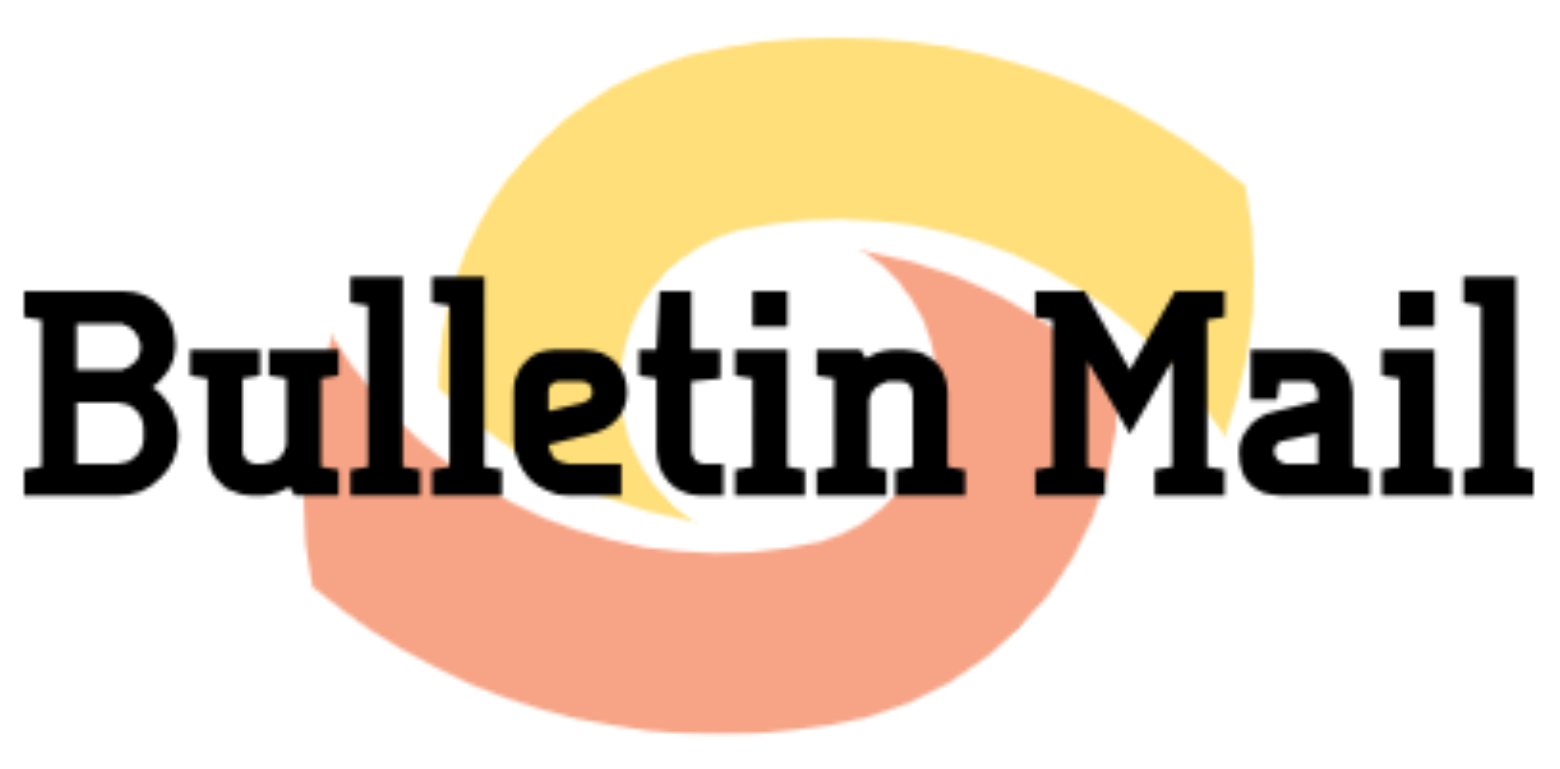Iowa is a state known for its agriculture, rivers, and friendly people. However, not all of its towns are thriving or appealing to residents. Some of them are experiencing a decline in population, economy, and quality of life. Here are seven Iowa towns that people are fleeing as soon as possible, based on the latest U.S. Census data and other sources.
1. Hamburg
Hamburg is a town in Fremont County, near the border with Nebraska and Missouri. It has a population of 1,062 in 2020, which decreased by -6.8% from 2010. Hamburg is one of the towns that suffered the most from the 2019 floods, which damaged homes, businesses, and infrastructure. The town also faces challenges such as poverty, unemployment, and lack of opportunities.
2. Keokuk
Keokuk is a city in Lee County, at the confluence of the Mississippi and Des Moines rivers. It has a population of 10,343 in 2020, which decreased by -8.6% from 2010. Keokuk was once a prosperous industrial and transportation hub, but it has lost many of its factories, jobs, and population over the years. The city also struggles with crime, blight, and low educational attainment.
3. Centerville
Centerville is a city in Appanoose County, in the southern part of the state. It has a population of 5,448 in 2020, which decreased by -7.1% from 2010. Centerville was historically a coal mining town, but it has seen its mines close and its economy decline. The city also faces issues such as aging infrastructure, drug abuse, and environmental degradation.
4. Oelwein
Oelwein is a city in Fayette County, in the northeastern part of the state. It has a population of 5,960 in 2020, which decreased by -7.4% from 2010. Oelwein was once a railroad and manufacturing center, but it has lost many of its businesses, jobs, and residents over the decades. The city also suffers from social problems such as poverty, crime, and addiction.
5. Emmetsburg
Emmetsburg is a city in Palo Alto County, in the northwestern part of the state. It has a population of 3,653 in 2020, which decreased by -7.7% from 2010. Emmetsburg is a rural town that relies on agriculture and tourism, but it has faced challenges such as low commodity prices, high production costs, and limited attractions. The town also deals with difficulties such as population aging, brain drain, and lack of diversity.
6. Ottumwa
Ottumwa is a city in Wapello County, in the southeastern part of the state. It has a population of 24,550 in 2020, which decreased by -6.2% from 2010. Ottumwa was a major meatpacking and manufacturing town, but it has seen its industries decline and its workers leave. The city also copes with problems such as low income, high poverty, and poor health.
7. Clinton
Clinton is a city in Clinton County, along the Mississippi River. It has a population of 25,184 in 2020, which decreased by -7.9% from 2010. Clinton was a prominent lumber and manufacturing city, but it has witnessed its mills shut down and its economy stagnate. The city also contends with issues such as unemployment, crime, and pollution.
Conclusion
These seven Iowa towns are examples of the challenges and changes that many rural and small-town communities face in the state and the country. While some of them are trying to revitalize and reinvent themselves, others are losing hope and residents. The reasons behind their decline are complex and varied, but they often involve economic, social, and environmental factors. The future of these towns depends on their ability to adapt, innovate, and collaborate.

